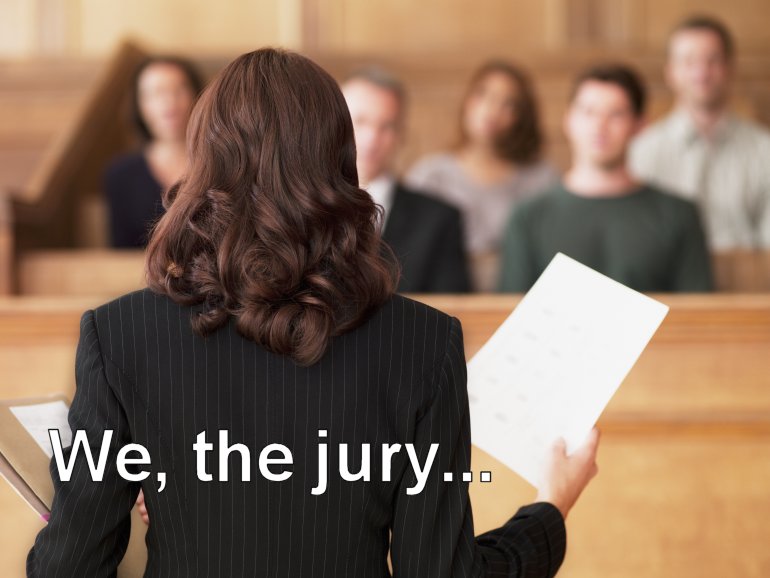In regione caecorum rex est luscus
In the land of the blind, the one-eyed man is King
by Desiderius Erasmus, a GSL member
So here we are in Illinois with the imminent start of the no-cash bail law, known more formally as the 2021 SAFE-T Act. As with most government initiatives, the only thing we know for sure about the law won’t live up to its name and that a whole lot of citizens are increasingly going to be unsafe.
You might feel helpless now, but you, and plenty of other people, can do a lot to minimize the impact of violent thugs being released after being arrested. Here’s how.
First, many of these criminals are going right back to their lives of crime, so if you do not own a firearm, you need to buy one or three before January 1, 2023 and get proficient in using them to defend yourself. Smith & Wesson and other manufacturers have recently offered discounts, so even with inflation you can get a good deal on a self-defense weapon. The Bullet Trap in Macon, and many other local dealers, have very capable home defense shotguns well under $500, some under $300.
For all you state’s attorneys and district attorneys out there; when one of these perps gets shot trying to rob, rape or kill because for whatever reason (or clerical error) they are not in jail awaiting trial, use your prosecutorial discretion and NOT indict that citizen for discharging a firearm inside the city limit or any other little BS charge. But if that does happen, let Guns Save Life and others know about it. If you know that good citizen, contribute a few dollars to his or her legal defense.
For all you hard-working members of law enforcement, you have a duty to gather evidence, arrest perpetrators, and so forth. Yours is a thankless task, because you have far more cases to investigate than you ever have time for, which is why so many crimes become “cold cases.” Therefore, you must choose wisely where to put your effort. Personally, I would want to solve the beating death of a child, or a rape against a young lady, or maybe an elderly person who was crippled over a few dollars in a robbery.
Conversely, I might have to put a different priority for attempting to solve the shooting of a repeat violent offender. Call it efficient time management.
Back to regular citizens. Never, ever, try to avoid jury duty. Because some day you may be on a jury that is hearing a case against a police officer or a case against a citizen defending themselves because of a politically-motivated prosecution.
On the jury, you’ll know when you are in the middle of those situations. So here are a few things not to do and one thing to do. Before the trial, never lie to the lawyers or judge when they are interviewing you as a potential juror – known Voir dire. After the trial, never talk to the media or anyone else why you voted the way you did; if you do, they may twist your words, or even leak your name. Never try to play Johnnie Cochran and mention the words: “jury nullification.” You can get into problems saying those words after a trial where you served in a jury.
In a criminal case, the prosecution bears the burden of proving that the defendant is guilty beyond all reasonable doubt. A civil case, where someone is suing someone else, is different, usually centering on “More likely than not.” But they’ll tell you all about that in a civil case. In a criminal case, everyone has their own feeling concerning reasonable doubt; I can tell you what my level is, but I cannot tell you that your level must be the same as mine. It might be easier if in criminal trials the judge would say, “You do not need to be 100% certain that the defendant committed this offense to vote Guilty. Reasonable doubt is less than that, maybe like 90% certain he did it. If that is your standard, and if you think this defendant has about an 85% chance of being guilty, that would be less than your standard, so vote Not Guilty.” I have NEVER heard a judge equating reasonable doubt with a number or percentage.
So, if after a Not Guilty verdict, the judge asks me anything, I’m just saying: “The prosecution did not prove their case beyond my reasonable doubt.” And if I am pressed by the judge or prosecutor about what that might take, I’m just saying: “I’ll know it when I hear or see it.” And then I’m not going on late-night TV, but just go back to writing – but not about that trial!

Bravo!! What’s not to like about that article? I’m guessing you can’t volunteer to serve as an executioner.